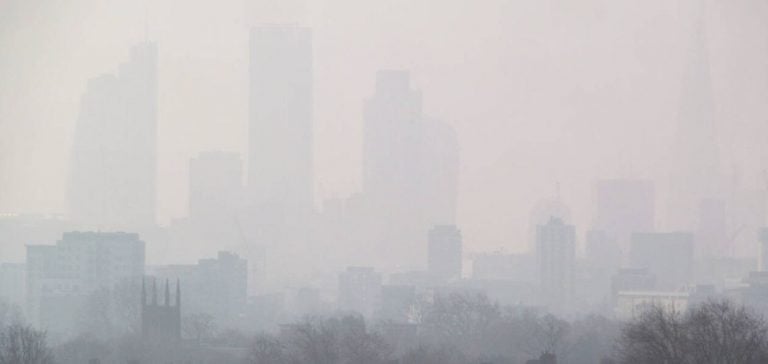The Climate Change Committee (CCC), an independent body tasked with advising the UK government, has recently proposed an ambitious target for reducing greenhouse gas emissions in the UK. This recommendation calls for the country to aim for an 81% cut in emissions by 2035, a goal designed to strengthen its climate leadership on the international stage. The UK government, led by the Labour Party since July, requested this guidance as the Conference of the Parties on Climate, COP29, approaches in Azerbaijan this November.
This emissions reduction target aligns with the commitments made under the 2015 Paris Agreement, to which the UK is a signatory. Under this agreement, each country must update its nationally determined contributions (NDCs) by February 2025, taking into account the new realities and impacts of climate change already observed. This request comes amid increasing pressure from the United Nations (UN), which recently warned that without decisive action in the coming months, the goal of limiting global warming to 1.5°C could be out of reach.
Economic and Environmental Impact
According to Professor Piers Forster, acting chair of the CCC, this ambitious emissions reduction goal could be achieved while stimulating UK employment and the economy. He notes that initiatives such as the electrification of transportation, energy efficiency in buildings, and biodiversity preservation would benefit British society as a whole.
Currently, the UK has reduced its emissions by approximately 50% from 1990 levels and has set an interim target of a 68% reduction by 2030. However, Corinne Le Quéré, a prominent CCC member, indicates that the country is not on track to meet this interim goal, despite recent efforts to promote wind energy and move away from coal. The government is also expected to present a budget that includes new measures to address these urgent climate challenges.
A Climate Leadership Role to Maintain
The UK has long been seen as a climate leader, particularly after hosting COP26 in Glasgow in 2021. However, the CCC emphasizes the need to translate objectives into concrete actions, reminding that ambitious international commitments alone are not sufficient. Doug Parr, director of Greenpeace UK, recently urged the government to set even higher targets, given the UK’s historical responsibility as a major contributor to the global climate crisis.
Recent setbacks in energy policy, particularly under the previous government, have drawn criticism from organizations like the Climate Action Tracker (CAT). Indeed, in 2023, the CAT deemed the UK’s targets “insufficient” and accused authorities of “undermining the country’s long-standing climate ambitions.” Decisions such as granting new oil exploration licenses in the North Sea had, in fact, tarnished the UK’s climate leadership reputation.
The Stakes of COP29 and Future Prospects
COP29, set to begin on November 11, represents a strategic opportunity for the UK to reaffirm its climate commitment. Corinne Le Quéré notes that this summit could serve as a platform for the government to present its 2035 goals, sending a strong signal to the international community. The discussions at COP29 will focus on the NDCs, which the UN considers to be the most crucial contributions to global climate progress in this century.
To meet the targets set, the CCC stresses the importance of accelerating concrete initiatives, such as adopting electric vehicles, expanding wind and solar energy, and protecting natural areas. These measures would enable the UK not only to meet its climate commitments but also to promote a viable economic and environmental model.






















